Amnesty International slaps tech giants with child labour accusations
Apple, Samsung and Sony stand accused of using cobalt mined and processed by children


The world's biggest tech companies are once again facing accusations of using child labour in their supply chains.
Apple and Samsung feature in Amnesty International's new report documenting human rights abuses in the so-called artisanal cobalt mining industry in the Democratic Republic of Congo (DRC).
These abuses include unsafe working conditions, the use of child labour, and lack of protection from cobalt dust, causing serious and fatal respiratory illnesses.
The miners are subject to extortion by corrupt officials and children are in danger of physical abuse and denied access to education, according to the report.
Amnesty alleged that there is a lack of corporate due diligence, which leads to cobalt excavated in these dangerous conditions making its way into the lithium-ion batteries that power everyday technology such as smartphones, tablets and electric cars.
"More than half of the world's total supply of cobalt comes from the Democratic Republic of the Congo (DRC). According to the government's own estimates, 20 per cent of the cobalt currently exported from the DRC comes from artisanal miners in the southern part of the country," the report read.
"Artisanal miners include children as young as seven who scavenge for rocks containing cobalt in the discarded by-products of industrial mines, and who wash and sort the ore before it is sold," it added.
Get the ITPro daily newsletter
Sign up today and you will receive a free copy of our Future Focus 2025 report - the leading guidance on AI, cybersecurity and other IT challenges as per 700+ senior executives
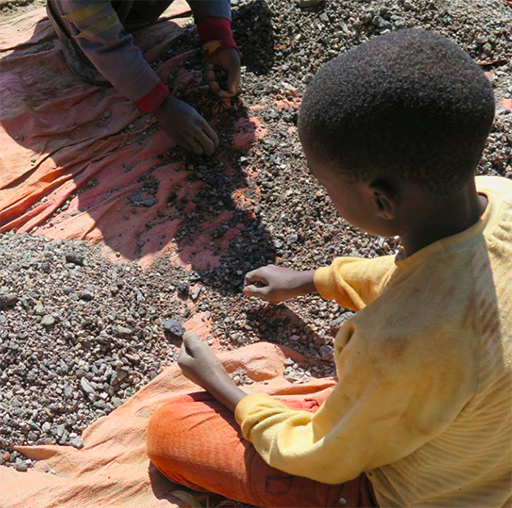
Amnesty claims to have found evidence tracing cobalt extracted in these poor conditions up the supply chain to the likes of Apple, Huawei, Dell, HP Inc, Lenovo, LG, Microsoft, Samsung, Sony, Vodafone, Daimler and Volkswagen.
The report points to a practical guide to due diligence produced by the OECD, stating: "Companies that purchase cobalt, or components containing the mineral, have no excuse for not conducting such due diligence steps.
"The DRC is by far the world's largest source of cobalt, and the poor conditions of its artisanal mines, and the presence of children working in them, has been reported publicly in the past."
When contacted by Amnesty, the companies accused of having artisanally-mined cobalt in their supply chain reacted in a very mixed way.
Apple said it was currently evaluating its supply chain, saying: "Underage labour is never tolerated in our supply chain and we are proud to have led the industry in pioneering new safeguards.
"As we gain a better understanding of the challenges associated with cobalt we believe our work in the African Great Lakes region and Indonesia will serve as important guides for creating lasting solutions."
Most of the rest of the companies named either also said they are investigating the matter, or completely denied sourcing cobalt from DRC.
However, Samsung gave a more nuanced answer, stating: "[It is] impossible for us to determine whether the cobalt supplied to Samsung SDI comes from DRC Katanga's mines.
"The corporate policy of Samsung SDI prohibits the use of minerals originated from conflict-affected areas such as the DRC. Thus, the company conducts yearly investigations on our suppliers about the use of concerned minerals and examines the refiners of 3TG, banned under US SEC's conflict minerals rules."
It added: "The company investigated the country of origin of cobalt which is not on the current list of conflict minerals. However, in reality, it is very hard to trace the source of the mineral due to suppliers' nondisclosure of information and the complexity of the supply chains."
The detailed replies of all the companies named by Amnesty can be found in the appendix of the report, which can be downloaded in full here.
All images copyright Amensty International and Afrewatch

Jane McCallion is Managing Editor of ITPro and ChannelPro, specializing in data centers, enterprise IT infrastructure, and cybersecurity. Before becoming Managing Editor, she held the role of Deputy Editor and, prior to that, Features Editor, managing a pool of freelance and internal writers, while continuing to specialize in enterprise IT infrastructure, and business strategy.
Prior to joining ITPro, Jane was a freelance business journalist writing as both Jane McCallion and Jane Bordenave for titles such as European CEO, World Finance, and Business Excellence Magazine.
-
 Why keeping track of AI assistants can be a tricky business
Why keeping track of AI assistants can be a tricky businessColumn Making the most of AI assistants means understanding what they can do – and what the workforce wants from them
By Stephen Pritchard
-
 Nvidia braces for a $5.5 billion hit as tariffs reach the semiconductor industry
Nvidia braces for a $5.5 billion hit as tariffs reach the semiconductor industryNews The chipmaker says its H20 chips need a special license as its share price plummets
By Bobby Hellard
-
 EU opens antitrust probe into Play Store's billing guidelines
EU opens antitrust probe into Play Store's billing guidelinesNews The European Commission will investigate whether developer fees and billing terms put forth by Google’s Play Store are adequate
By Praharsha Anand
-
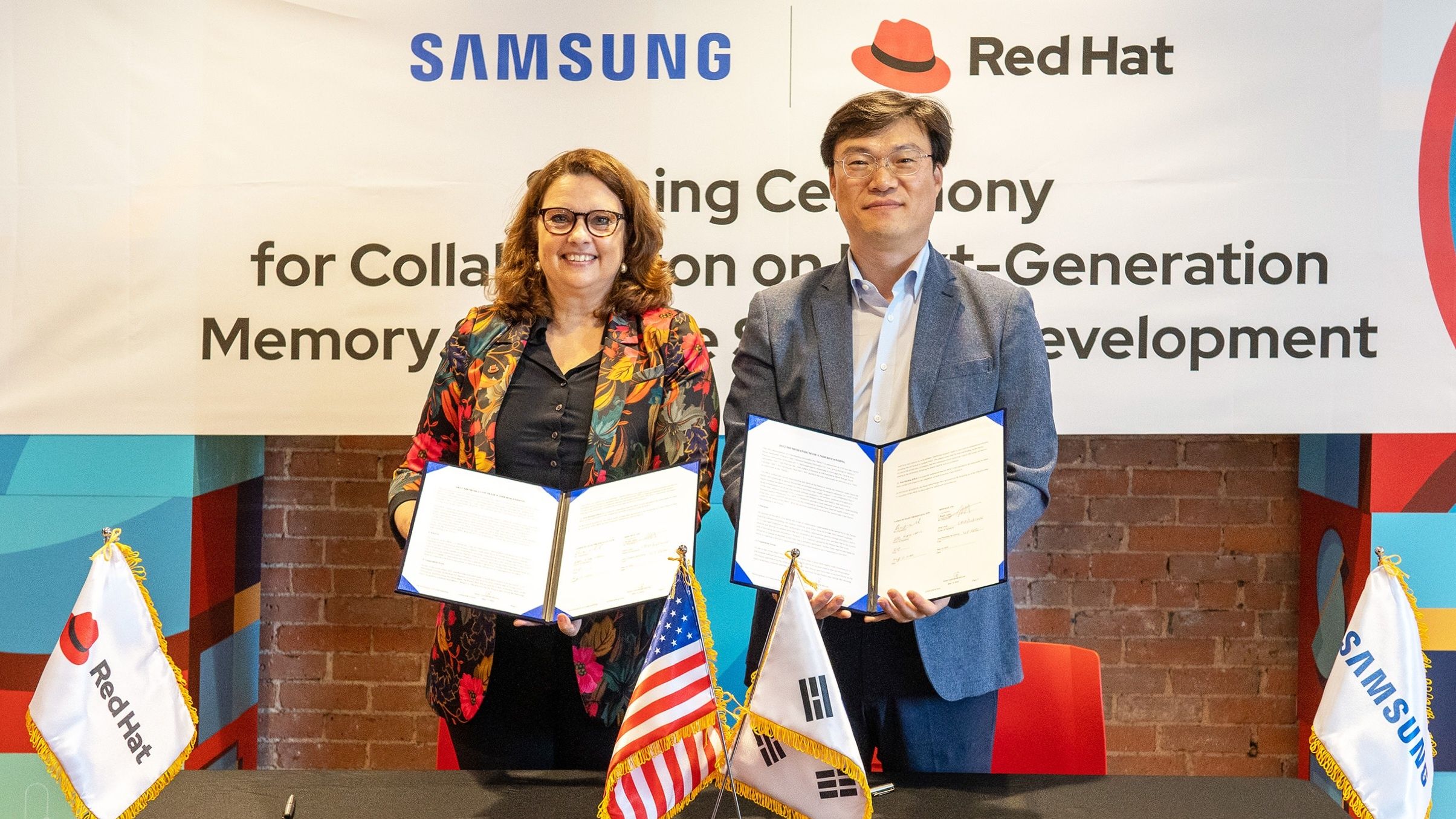 Red Hat and Samsung agree landmark software deal to develop next-gen storage
Red Hat and Samsung agree landmark software deal to develop next-gen storageNews The partnership is a first for Samsung as the companies commit to developing memory software designs that can keep up with emerging tech
By Connor Jones
-
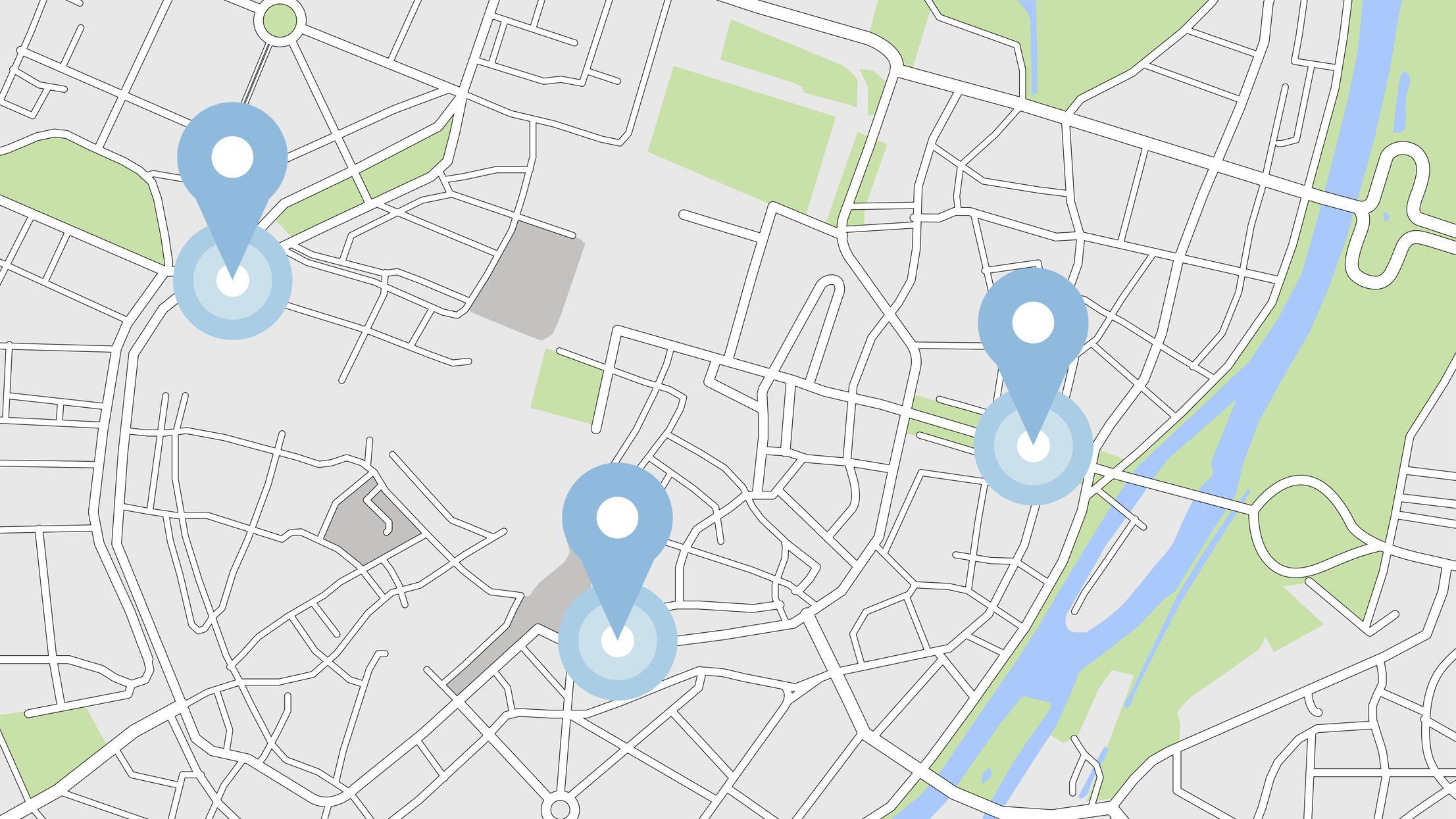 Google launches fleet management solutions for last-mile deliveries
Google launches fleet management solutions for last-mile deliveriesNews The tech giant’s new logistics tools allow for end-to-end optimization of the delivery process
By Praharsha Anand
-
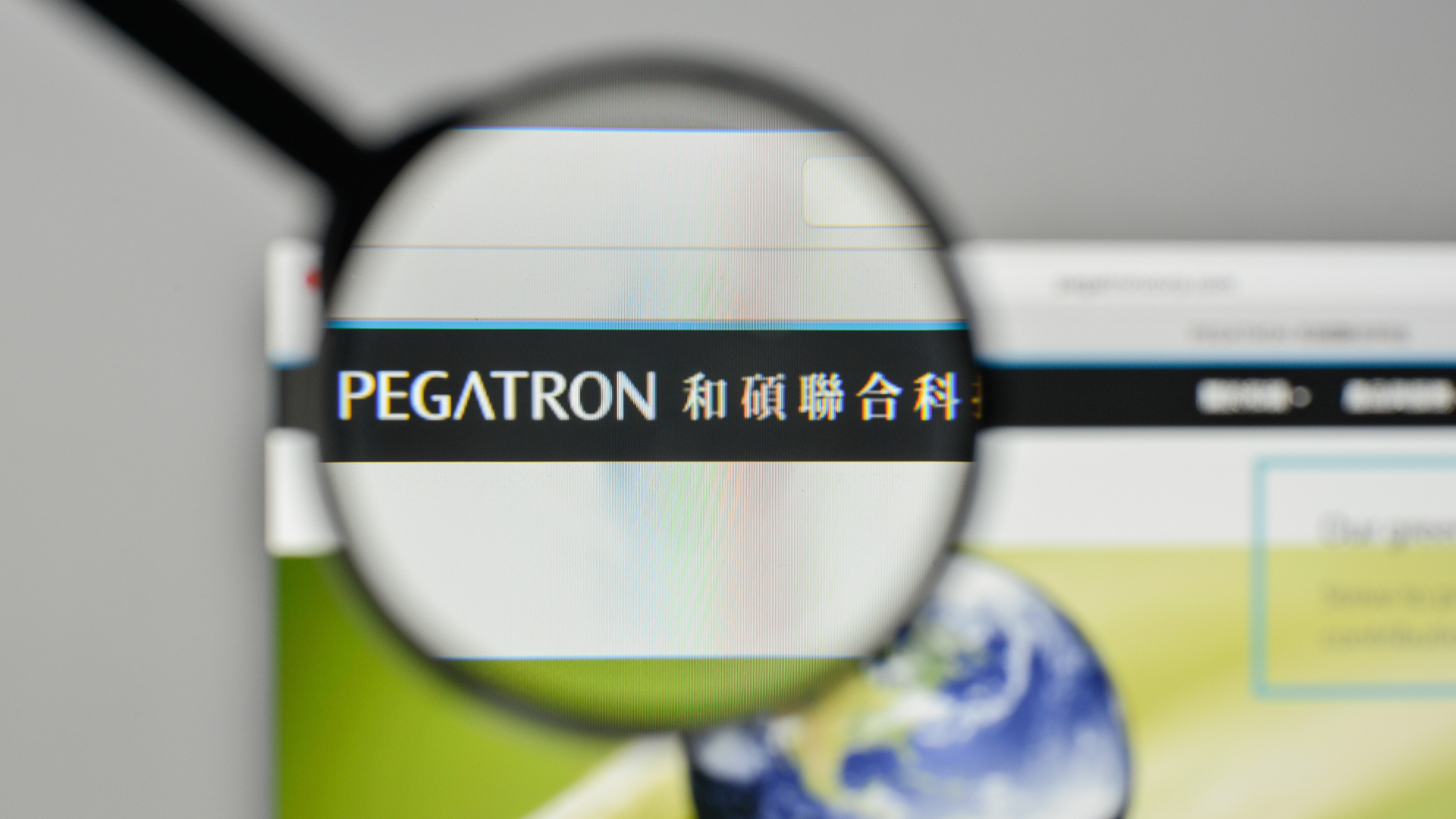 Apple puts iPhone supplier on probation for exploiting student workers
Apple puts iPhone supplier on probation for exploiting student workersNews Pegatron misclassified its student workers and allowed them to work nights and unpaid overtime hours
By Sabina Weston
-
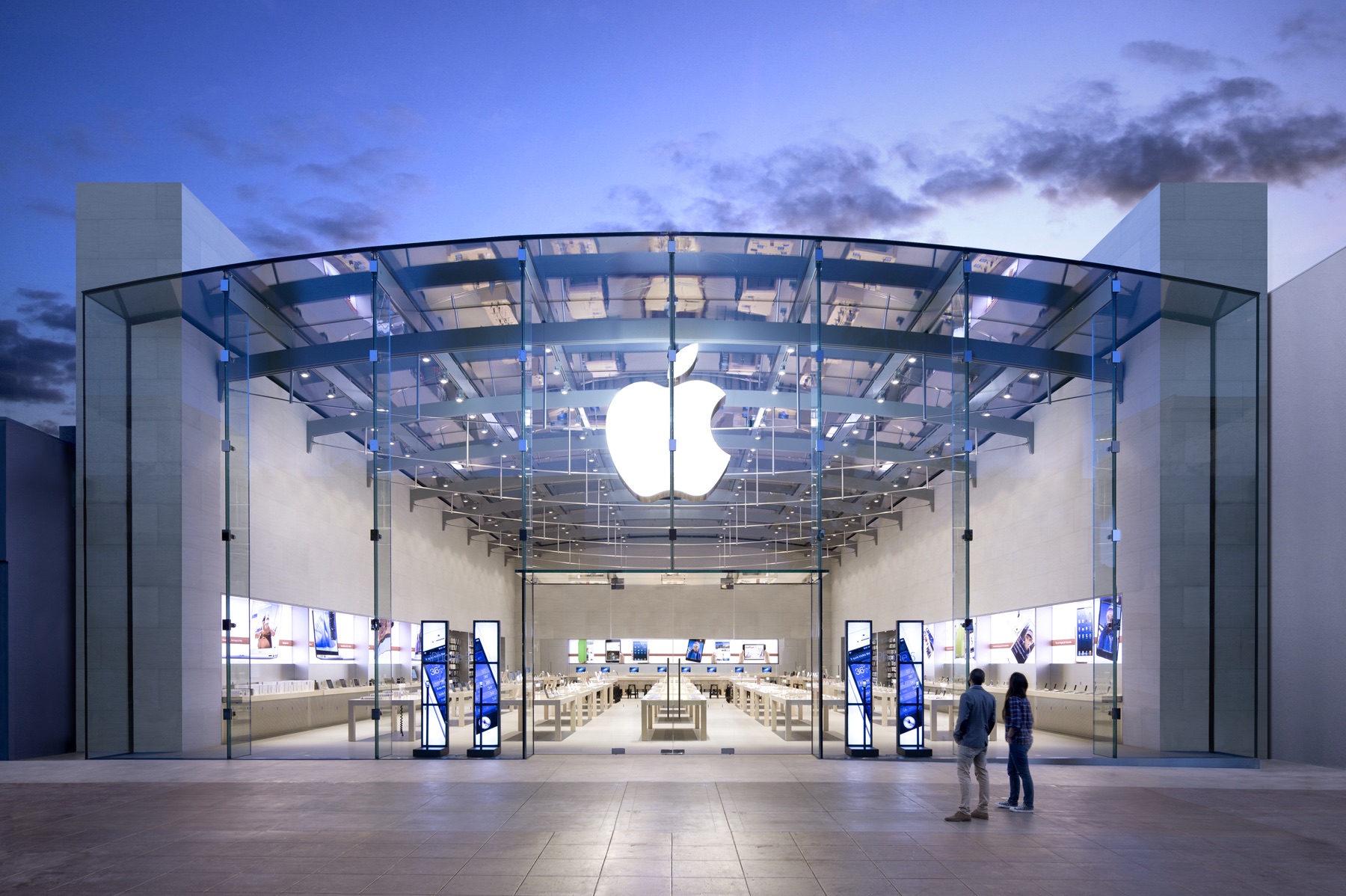 Apple will ship iPhones and other devices from retail stores
Apple will ship iPhones and other devices from retail storesNews Customers within 100 miles of an Apple Store may get their devices quicker
By Tyler Omoth
-
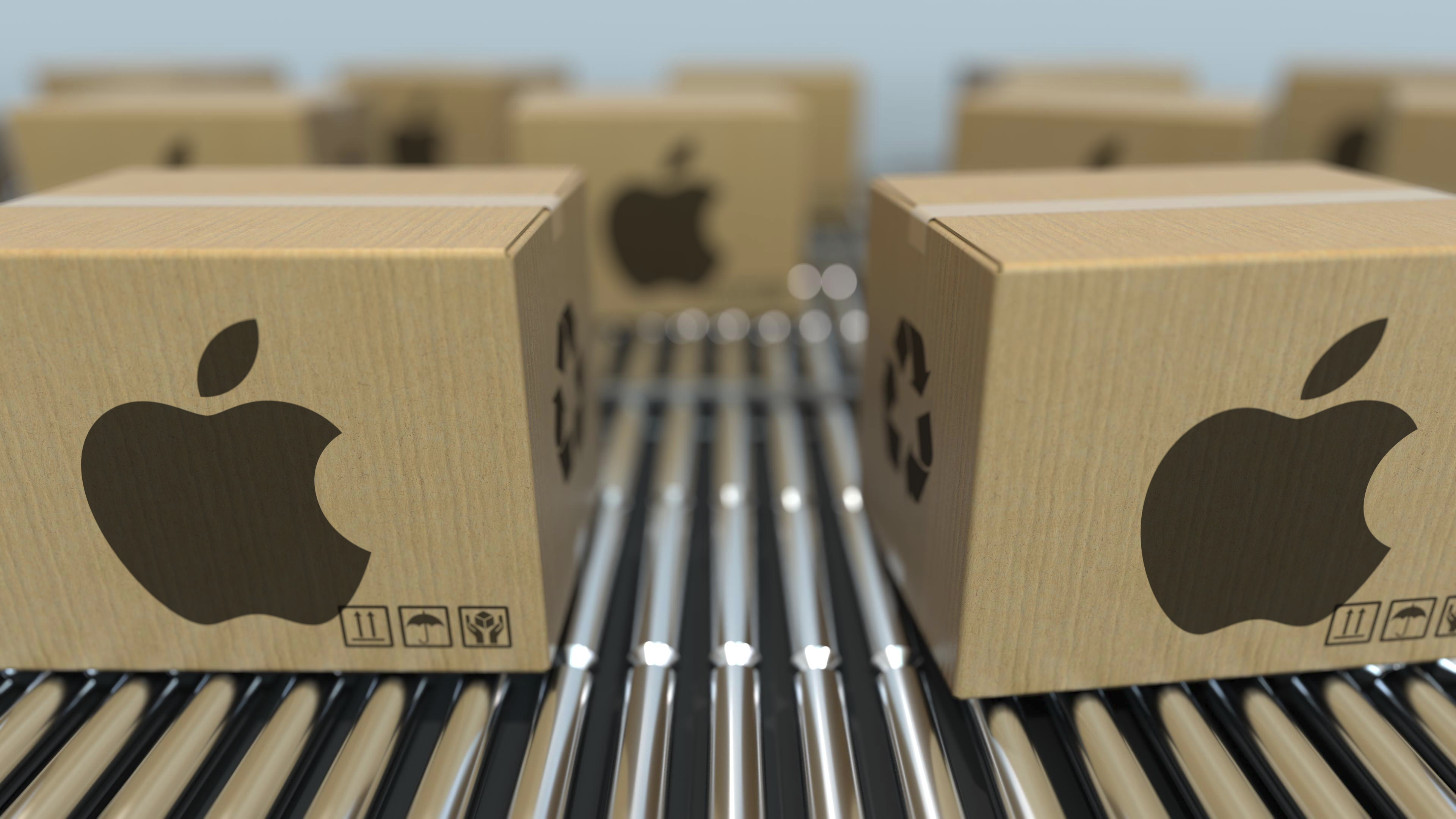 Apple pledges to be 100% carbon neutral by 2030
Apple pledges to be 100% carbon neutral by 2030News “Businesses have a profound opportunity to help build a more sustainable future,” said Apple CEO, Tim Cook
By Sarah Brennan
-
 Apple closes Wuhan store in anticipation of coronavirus infection
Apple closes Wuhan store in anticipation of coronavirus infectionNews Expected revenue range for next quarter widens as outbreak intensifies
By Thomas Dougherty
-
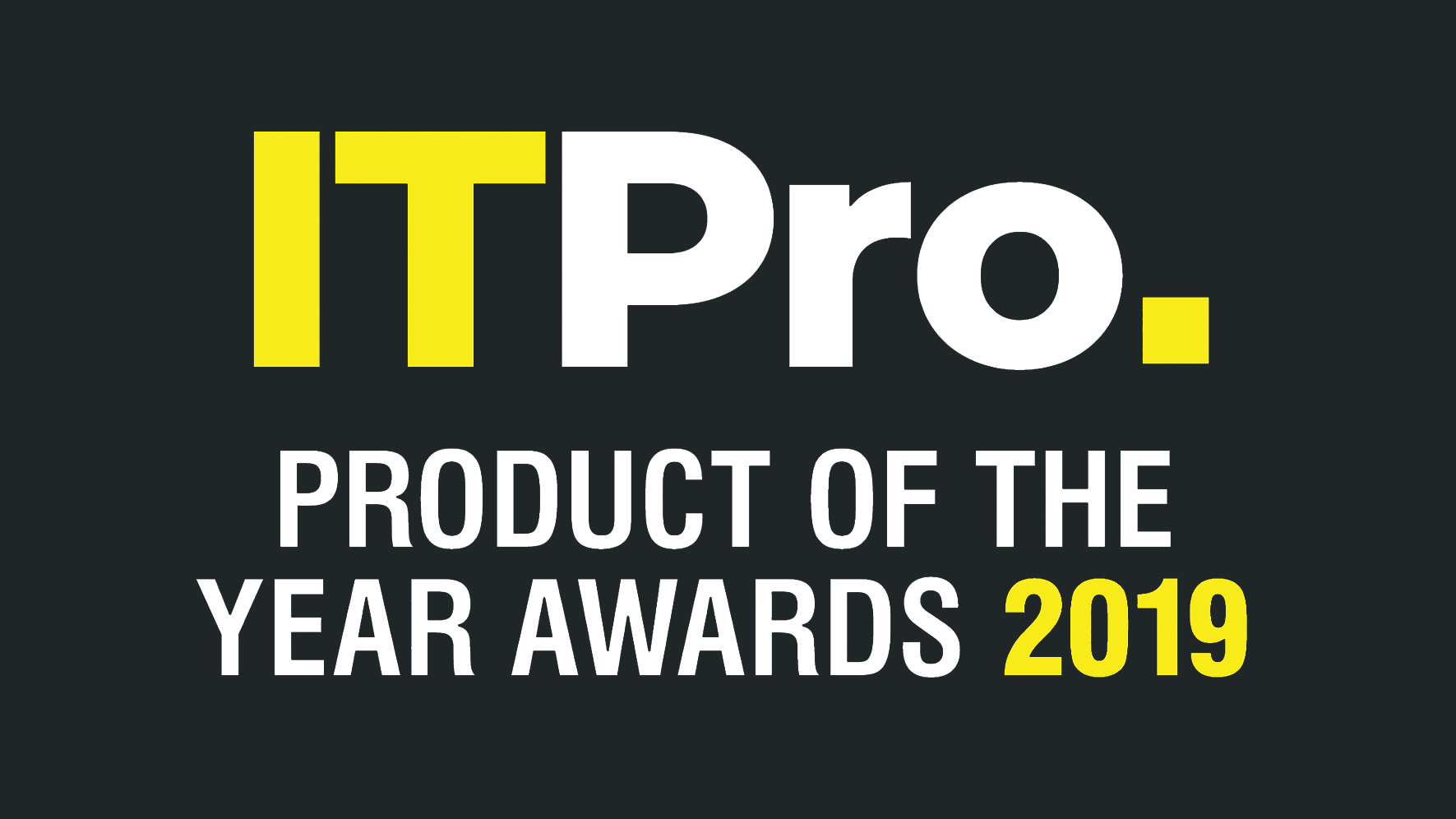 The IT Pro Products of the Year 2019: All the year’s best hardware
The IT Pro Products of the Year 2019: All the year’s best hardwareBest Our favourite equipment from the past 12 months
By ITPro